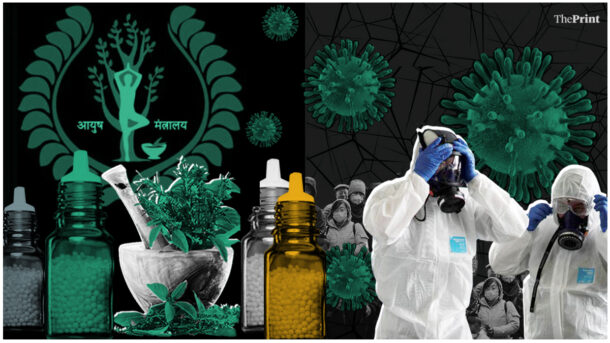in 2020, a day after developing COVID-19 symptoms, a 30- time old man started allowing he could speak to his dead cousinsThe man, who had no history of internal illness, came convinced that the religious rhapsody was imminent, according to a case report published in August This psychotic occasion went on for further than a month, during which the man knocked a door down, shoved his mama, and allowed that he was being experimented on with radiation, according to the report He was givenanti-psychotic medicines, but they had little effect. It’s only after he was given drug generally used to treat autoimmune conditions that he got better, per the case study Psychosis is one of drug’s big mysteries. We’ve a fairly poor understanding of what causes it and how it develops,”Dr. Jonathan Rogers, a clinician and psychiatry experimenter from University College London, told Insider Research suggests that psychiatric symptoms are common among COVID-19 survivors.
One study on the health records of further than US COVID-19 cases plant that about 13 entered some kind of psychiatric or neurological opinion for the first time within six months of infection Psychosis-a particular psychiatric condition that’s much more severe-affected only0.42 of that group But similar frequence was about doubly that of people in the control group ( cases who had the flu), according to the study.
This kind of increase could be for an circular reason the cerebral stress that comes from having COVID-19, two scientists who spoke with Insider said But exploration suggests that commodity differently could be going on the contagion could be causing the body to attack itself, making the brain malfunction The proposition is that the contagion causes so- calledanti-NMDA-receptor encephalitis, an autoimmune response that causes brain inflammation. That in turn can beget psychosis Generally, the brain is defended from the vulnerable system because of a structure called the blood- brain hedge.
But COVID-19 might make that hedge” dense,” saidDr. Benedict Michael, a clinician from Liverpool University That also exposes vulnerable cells to brain proteins that they wouldn’t else see,” said Michael, who oversees a registry of neurological complications after COVID-19 The vulnerable system also starts attacking the cells in the brain, specifically, the NMDA receptors which are carried by neurons That in turn makes the neurons less sensitive to stimulation.”It’s a analogous effect to ketamine,”he said, pertaining to the important dreamy substance The scientists noted that another contagion, called HSV-1, can beget analogous brain problems.
They also refocused to a sprinkle of recorded cases of brain inflammation after COVID-19 and some showinganti-NMDA-receptor antibodies in the cases’ blood The good news is that this kind of problem ought to be treatable withanti-inflammatory medicines and antipsychotics We’re hopeful that the maturity will make a reasonable recovery because there is not been important brain damage,” said Micheal.
But both Rogers and Michael said the proposition should be taken with a grain of swab. There are only a small number of proved psychosis cases after COVID-19, and indeed smaller where antibody situations have been measured, they said The presence of theanti-NMDA-receptor antibodies could be unconnected to the psychosis, said Michael “It’s possible that there is an immunological base for these individual psych cases, but I do not suppose it’s proven in terms of the treatment,”he said “Psychiatry has a history of all kinds of treatments that are good if you give them to just one case, but do not look so good when you do a clinical trial,”he said.



